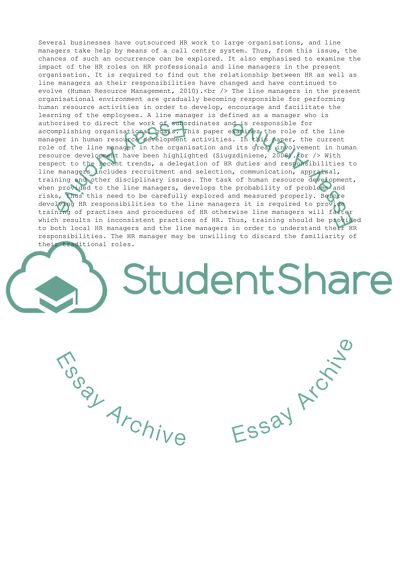Cite this document
(Integrated Human Resource Management Coursework - 1, n.d.)
Integrated Human Resource Management Coursework - 1. Retrieved from https://studentshare.org/management/1749307-integrated-human-resource-management
Integrated Human Resource Management Coursework - 1. Retrieved from https://studentshare.org/management/1749307-integrated-human-resource-management
(Integrated Human Resource Management Coursework - 1)
Integrated Human Resource Management Coursework - 1. https://studentshare.org/management/1749307-integrated-human-resource-management.
Integrated Human Resource Management Coursework - 1. https://studentshare.org/management/1749307-integrated-human-resource-management.
“Integrated Human Resource Management Coursework - 1”. https://studentshare.org/management/1749307-integrated-human-resource-management.


